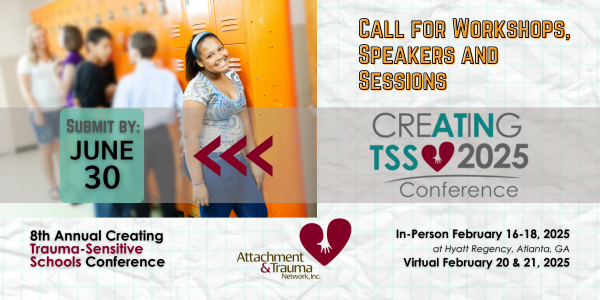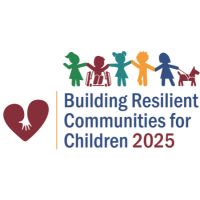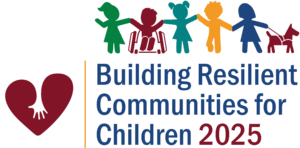Call For Workshops TSS2025 is CLOSED.
Proposers will be notified by early September 2024.
#TSS2025ATN will have both an in-person and virtual portion to the conference, similar to 2024, and scheduled as follows:
The In-person portion of the conference will be from Sunday, Feb 16– Tues, Feb 18, 2025. Pre-conference (Academy Day) ½-day workshops will occur on Sunday, February 16, with 75-minute workshops occurring on Monday & Tuesday.
The Virtual Portion of the conference following later in that week – February 20-21, 2025. These workshops will be 75-minutes in length.
We are seeking two (2) types of submissions:
- 75-minute Workshops. The most common type of workshops cover a variety of aspects and topics as outlined below. Speakers must designate whether they’re proposing a workshop that is in-person, virtual, or either venue. Each main presenter is limited to two proposal submissions. Each workshop is limited to two (2) presenters.
- ½-Day Pre-Conference Seminars. There are a limited number of pre-conference seminars available on Sunday, February 16, 2025 for ½-day (3 hours). Six total pre-conference sessions will be selected.
Handouts! (new for 2025)
Our attendees want handouts! ATN respects and protects your work product. Attendees are told that it is the speaker’s decision to share any work product. For 2025, we are requesting a handout from all of our speakers. Handouts do not have to be a full slide deck or other proprietary information, but should at the minimum include resources and main ideas presented, as well as any contact information you wish to share. By submitting your proposal, you agree to provide ATN (conference@attachtrauma.org) with at least one PDF page of information that can be shared with the attendees by Feb 1, 2025.
Workshop Topic Areas:
We are especially interested in workshops that address these topics:
- Examples of trauma-informed, resilience-building programs/strategies in classrooms, schools and entire districts that have been implemented and show improved outcomes.
- Examples of trauma-informed, resilience-building programs/strategies that have been implemented and show improved outcomes in child-serving organizations such as after-school programs, youth activities, faith communities, sporting programs and community services.
- Developing, implementing and assessing innovative teaching strategies and successful academic programs that meet students’ needs in a trauma-informed, resilience-building way.
- Programming and activities that improve academic, social, and emotional outcomes for children with complex and Developmental Trauma.
- Programming and activities that improve academic, social, and emotional outcomes for children impacted by historic and generational trauma.
- Trauma-sensitive and attachment-focused, research-informed interventions and tools that can be implemented in a school or community setting.
- Strategies for leading system-wide or community initiatives, and implementing policy changes.
- Creating trauma-sensitive community partnerships and involving parents, families and other stakeholders.
- Developing and implementing diversity, equity and cultural competency– school programs and systems that meet the needs of a diverse student body, including different cultures, races, genders, gender orientations and abilities.
- Teacher (Employee) Care/Staff Wellness – the importance of and strategies for caring for the adults working daily with traumatized children.



